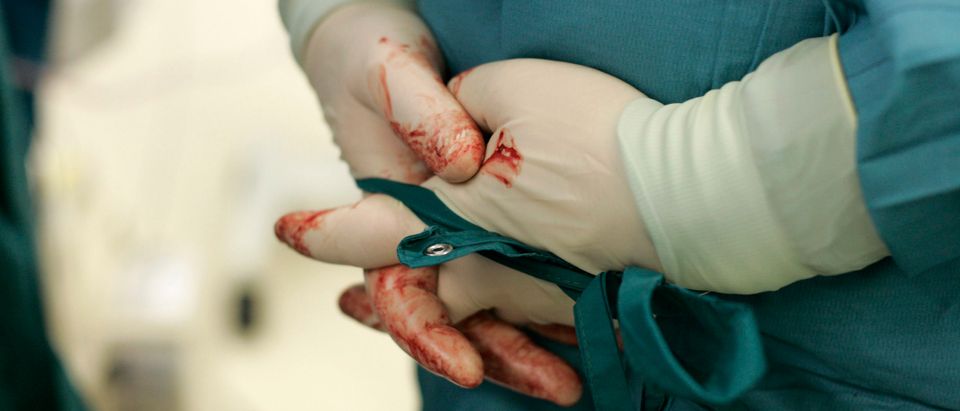A majority of patients who had vaginoplasties presented several health concerns in visits after the operation, according to a study put out by the Women’s College Hospital (WCH).
The study was conducted on a sample of 80 patients between the ages of 19 and 73 who had received “penile inversion vaginoplasty” at surgical centers in Canada. The patients had all presented themselves for postoperative care at the clinic between three months and five years after their surgery. (RELATED: America ‘Most Permissive Country’ For Sex Change Surgeries, Study Shows)
Most patients, at 61.3%, presented themselves for postoperative care with two or more symptoms. Such symptoms included pain, accounting for 53.8% of visits, surgical site/vaginal bleeding accounting for 42.5% of visits, and sexual function concerns accounting for 33.8% of visits. The most commonly reported side effects were hypergranulation, urinary dysfunction, wound healing issues.
The fact that there is even a need in Canada for “the first vaginoplasty postoperative care clinic” is, in itself, alarming. This new study from the clinic raises many red flags about the safety of this highly invasive, sterilizing, life changing operation.https://t.co/5Z5dtsXbby
— Genspect (@genspect) January 12, 2023
“This study demonstrates the need for routine postoperative care in patients undergoing vaginoplasty,” the study concluded. “Patients experience numerous symptoms and concerns that often correlate with clinical findings and require multiple follow-up appointments.”
Medical researchers recently disputed key conclusions in two famous Dutch studies used to argue that sex change procedures are necessary to ensure mental health in patients. The two medical doctors and researcher who put out the paper argued that the studies included only the most successful cases of sex change surgeries and did not include those who dropped out of the study overtime — in other words, those who had negative experiences with sex change treatments.
A major article put out by Dr. Jack Turban that was also used to claim that sex change treatments lead to better mental health outcomes, was subjected to multiple corrections after it was revealed that the conclusions of the article were incomplete. For instance, one study that claimed to show that “those who received pubertal suppression had better mental health outcomes” received a correction that notes the study’s authors say their own study doesn’t provide “direct evidence” that pubertal blockers improve mental health.


